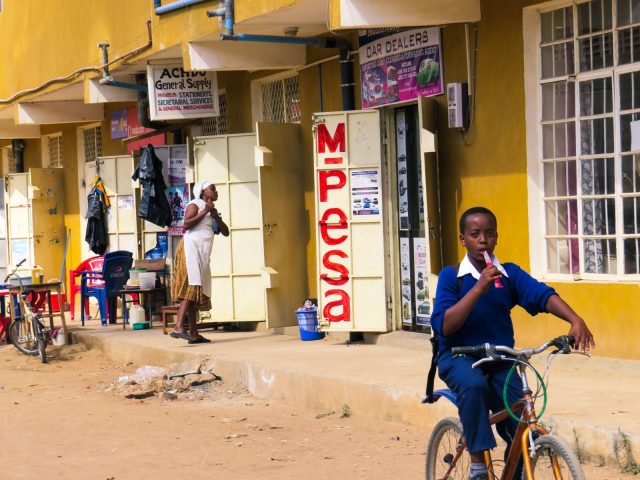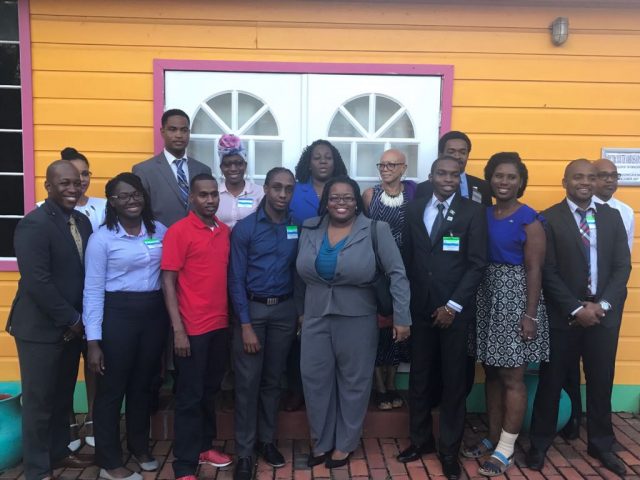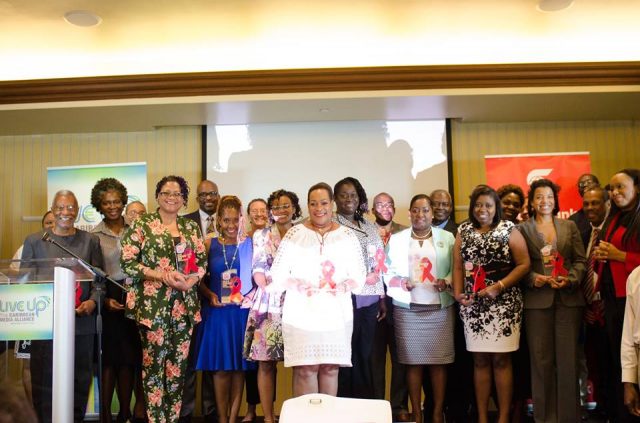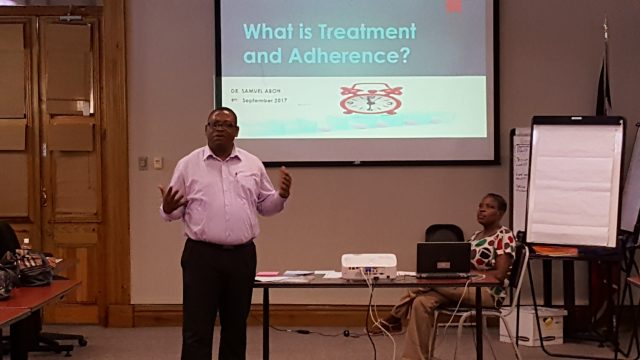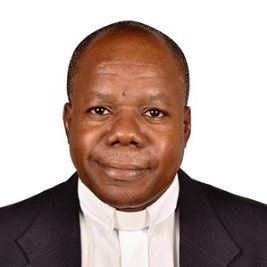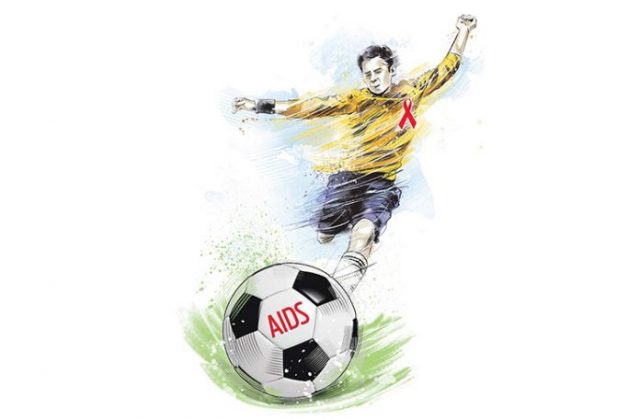Over the past three years, the 56 Dean Street clinic in central London has seen recent HIV infections among gay and bisexual men using its services fall by around 90%. The clinic’s experience shows that fundamentally reorganising HIV testing services to make them more attractive to people at risk can bring about enormous changes in HIV incidence and treatment uptake, delegates heard on the opening day of the 16th European AIDS Conference (EACS 2017) in Milan, Italy.
56 Dean Street offers sexual health, HIV and hepatitis diagnosis and treatment services, as well as specialist services for at-risk populations including sex workers and the trans community. The clinic has pioneered support for pre-exposure prophylaxis (PrEP) use, by offering renal monitoring and sexual health screening to people who are using generic PrEP. It is well known as a gay-friendly clinic that is responsive to user needs, for example, by providing non-judgemental services to support chemsex users and by acknowledging the importance of sexual pleasure and intimacy.
For people without symptoms who need screening for sexually transmitted infections (STIs), Dean Street Express is a largely automated clinic in which users go into a booth to carry out self-sampling tests for HIV and STIs. Results are sent to the service user within hours by text message; if treatment is needed the text includes a link to make an immediate appointment. The service has been phenomenally successful.
Each month 12,500 people attend the 56 Dean Street and Dean Street Express clinics, 60% of them gay and bisexual men. The clinics carry out a quarter of all STI tests in men who have sex with men in England. They diagnose half of all HIV infections in men who have sex with men in London, and of these, half are recent infections.
But the number of new HIV diagnoses has fallen from 60-70 a month at the end of 2015 to ten in September 2017. What is the reason for this dramatic fall, which is also being seen at other large clinics in London?
The decline in diagnoses first became evident within months of introducing rapid treatment initiation for seroconverters.
The decline accelerated after the results of the PROUD study promoted community activism to obtain generic drugs for PrEP.
It fell even more sharply after the clinic introduced a standard offer of antiretroviral treatment within 48 hours of HIV diagnosis.
Dr Emma Devitt’s presentation showed that although the clinic has been an innovator, everything done at the clinic could be put into practice in other cities – provided that PrEP can be offered and clinicians can build partnerships and trust with key populations such as men who have sex with men. There is a particular need to expand rapid access to antiretroviral treatment and PrEP in Eastern Europe, the conference was told.

